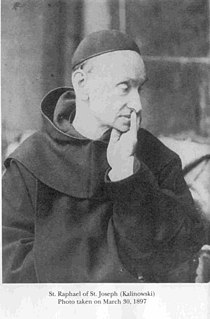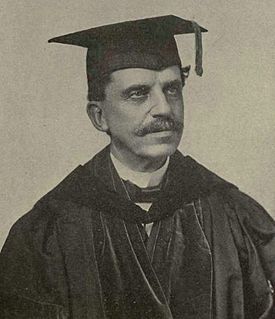A Quote by Pope Francis
In a very real way, the poor are our teachers. They show us that people’s value is not measured by their possessions or how much money they have in the bank. A poor person, a person lacking material possessions, always maintains his or her dignity. The poor can teach us much about humility and trust in God.
Related Quotes
Material possessions, in themselves, are good. We would not survive for long without money, clothing and shelter. We must eat in order to stay alive. Yet if we are greedy, if we refuse to share what we have with the hungry and the poor, then we make our possessions into a false god. How many voices in our materialist society tell us that happiness is to be found by acquiring as many possessions and luxuries as we can! But this is to make possessions into a false god. Instead of bringing life, they bring death.
Whenever I travel to a poor country, I try to help at least one person. Usually, that person helps me just as much - I can find a local poor person to be my guide or my interpreter. That person makes money from me, I make money from him or her, we both learn about each other. It's an equal win-win relationship.
Have a great compassion for people. To be able to have a heart full of compassion, we need to pray. Especially be kind, be loving to the poor. We think we do so much for the poor, but it is they who make us rich. We are in debt to them. Do you want to do something beautiful for God? There is a person who needs you. This is your chance.
When you live in a poor neighborhood, you are living in an area where you have poor schools. When you have poor schools, you have poor teachers. When you have poor teachers, you get a poor education. When you get a poor education, you can only work in a poor-paying job. And that poor-paying job enables you to live again in a poor neighborhood. So, it's a very vicious cycle.
God wants us to show compassion and understanding toward the unemployed or the poor not because they are poor, but because poor people, with help from those who are already successful, can become rich. And when the poor become rich, all will benefit, because in our modern economy new unemployment is the first sign of economic growth.
When we give help to the poor, we are not doing the work of aid agencies 'in a Christian way'. Those are good, it is a decent thing to do - aid work is good and quite human - but it is not Christian poverty, which St. Paul desires of us and preaches to us. Christian poverty is that I give of my own, and not of that which is left over - I give even that, which I need for myself, to the poor person, because I know that he enriches me. Why does the poor person enrich me? Because Jesus Himself told us that He is in the poor person.
We may think it humility not to realize that the Lord is bestowing gifts upon us. Let us understand very, very clearly, how this matter stands. God gives us these gifts for no merit of ours. Let us be grateful to His Majesty for them, for, unless we recognize that we are receiving them, we shall not be aroused to love Him. And it is a most certain thing that, if we remember all the time that we are poor, the richer we find ourselves, the greater will be the profit that comes to us and the more genuine our humility.
When you stop expecting people to be perfect, you can like them for who they are. And when you stop expecting material possessions to complete you, you'd be surprised at how much pleasure you get in material possessions. And when you stop expecting God to end all your troubles, you'd be surprised how much you like spending time with God.
God loved us, and to prove it to us became human in order to become our brother in the flesh. He became poor, the poorest of the poor, in order to be able to include us all as his brothers (and sisters). He became a little child in order to be like children, even born, children from the slums.
God has loved us and has given us all that he is and has. The Father gave the Son, the Son gave his very self, the Holy Spirit became our habitual sanctifier.... How grateful I should be to this kind Savior!
There is but one love of Jesus, as there is but one person in the poor - Jesus. We take vows of chastity to love Christ with undivided love; to be able to love him with undivided love we take a vow of poverty which frees us from all material possessions, and with that freedom we can love him with undivided love, and from this vow of undivided love we surrender ourselves totally to him in the person who takes his place.
Our present culture, however, specializes in inflaming endless lust for possessions with advertisements that constantly convince us that we need more (particularly to create the ease we have never found). The marketers don't tell us much about their products, but they spend a great deal of energy (and enormous amounts of money) appealing to our fears and dreams. Thus, the idolatry of possessions plays to the deeper idolatry of our selves-and in an endlessly consuming society, persons are always remaking themselves with new belongings.
































